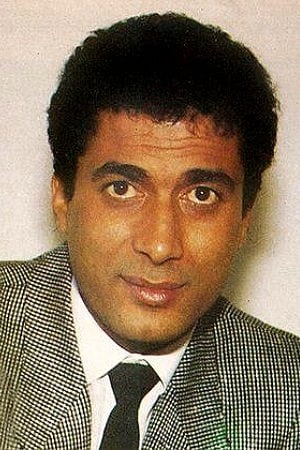
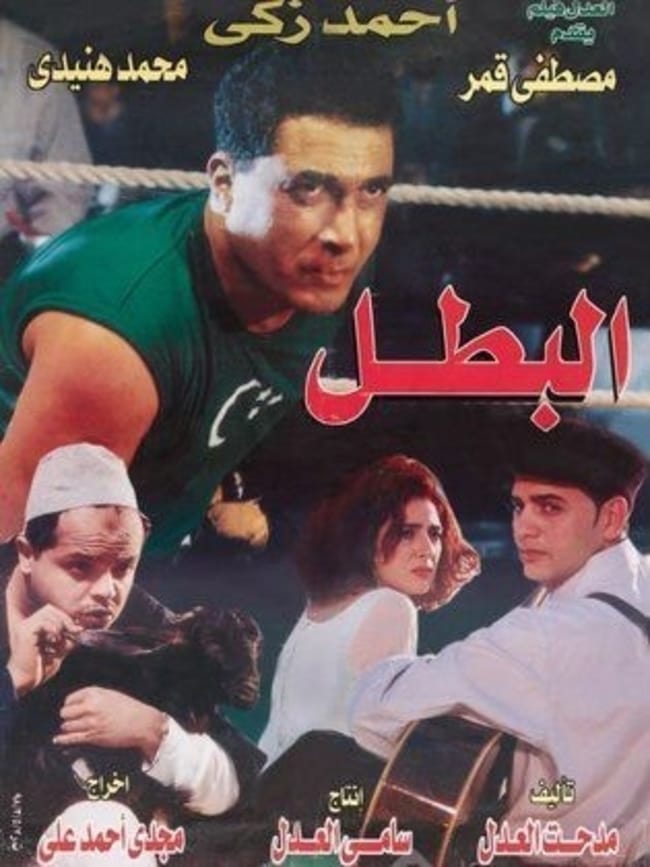
On the eve of the 1919 revolution in Egypt, the friendship between Houda al-Najjar, who likes boxing, Petro, who likes to sing, and the good worker of the printing press, believes in revolution. Fatima, the sister of Houda, is in love with Hussain, and they marry. The revolution takes place, and Houda dreams of shaking hands with its leader, Saad Zaghloul, and dreams of participating in the 1924 Olympics as a boxer. Hasan is imprisoned for his involvement in resisting the British occupation, and Huda is married to a neighbor of Hanifa. Hassan was killed by the Israeli occupation forces and Houda was able to participate in the Olympics
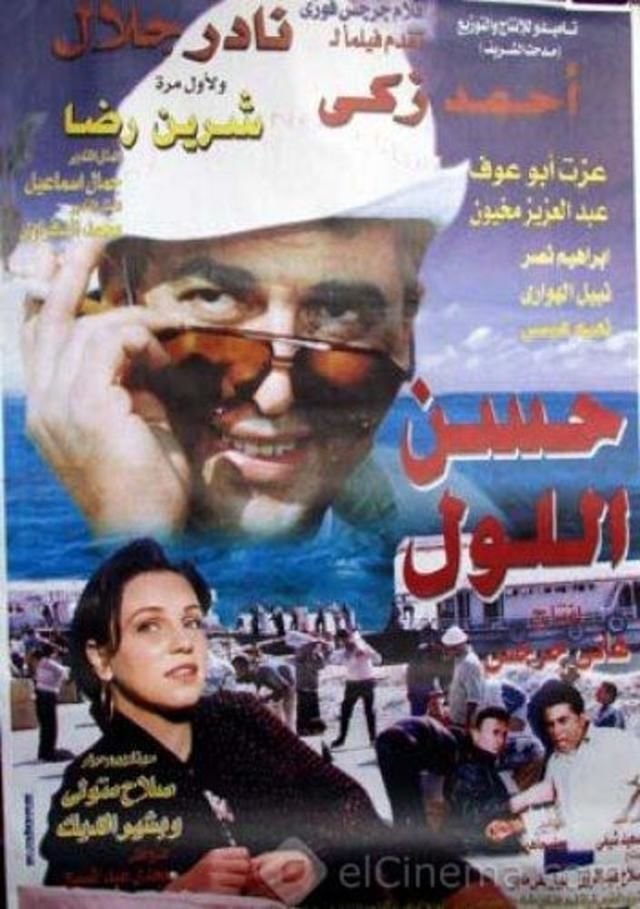
Hasan al-Lul is a poor young man. His father used to smuggle weapons to the guerrillas during the triple aggression. But 40 years later, his son Hassansmuggles watches and small goods into the cushions of his car. Hassan meets with a fair customs inspector who refuses to bribe. On the way to Port Said , he also meet with the beautiful Fatima Sarsawi, who lives with her father in Cairo. She goes to visit her drug-dealing father who runs a cartel and tries to get elected to the parliament.
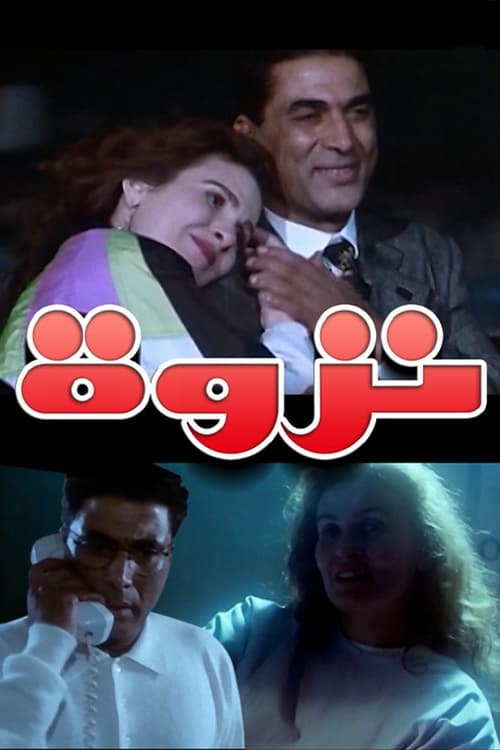
A psychopath woman seduces a married man to sleep with her so she could threaten him later and ruin his perfect marriage so she could get him for herself.
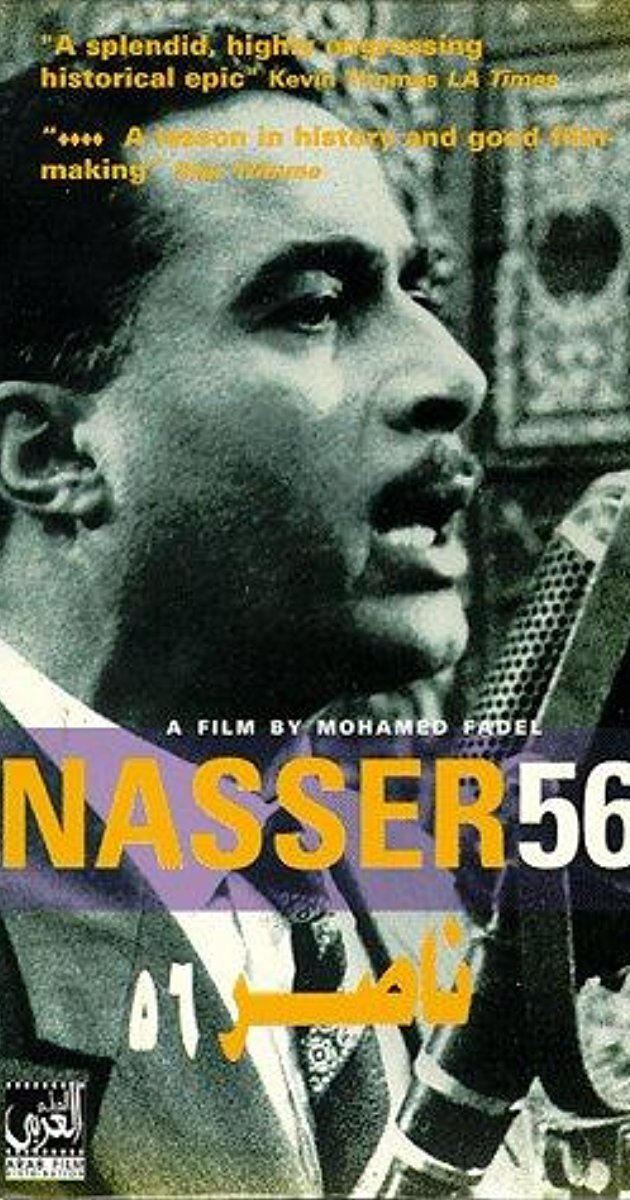
Nasser 56 is a 1996 Egyptian historical film directed by Mohamed Fadel, starring Ahmed Zaki. The film focuses on the nationalization of the Suez Canal by Egypt's second President, Gamal Abdel Nasser, and the subsequent invasion of Egypt by Israel, the United Kingdom, and France.
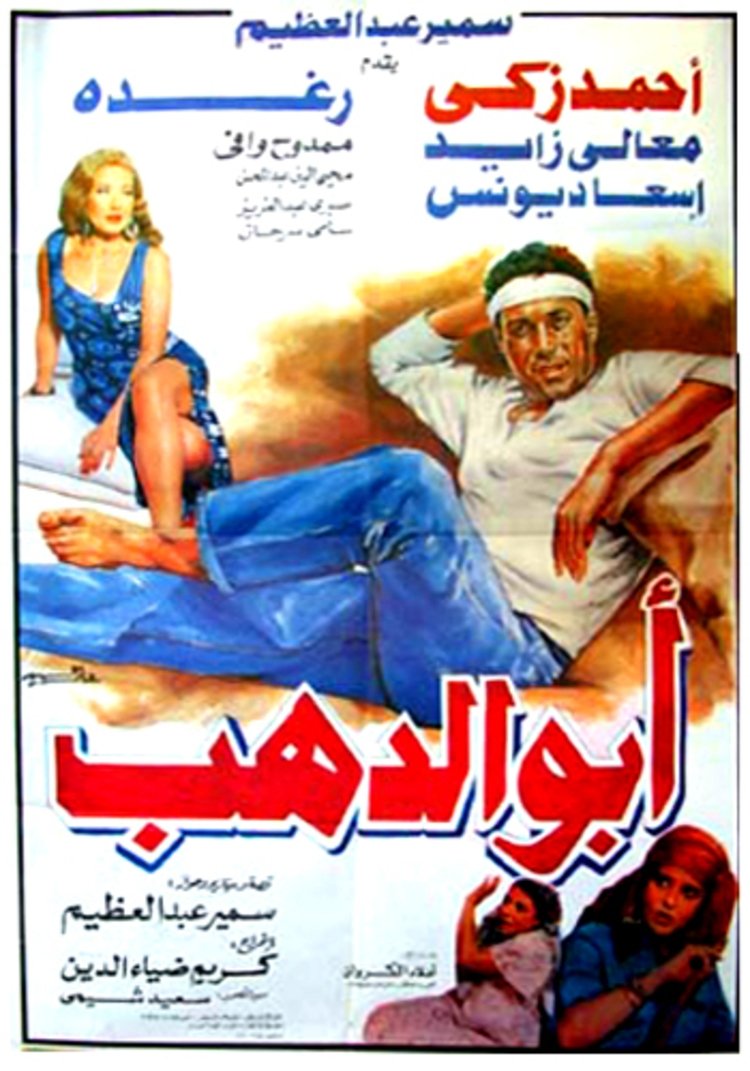
Abo Dahab is a poor baker who goes to prison instead of his corrupted boss. When he gets out, he discovers that his employer did not fulfill his promise by supporting his family during his incarceration so he assaults him and gets fired from his job. While unemployed, Abo Dahab meets Haridi a drug dealer who hires him and later on gets killed by him and becomes one of the richest drug dealers.
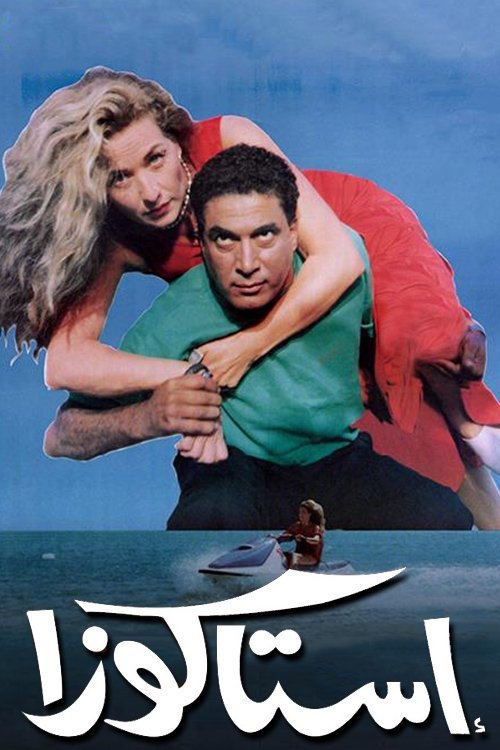
Abbas is an interior architect living in Hurghada. He gets into a quarrel with Ismat, the owner of the villa which Ahmed is working on, that ends with her causing him a permanent disability. When he decides to sue her, her mother Zohira convinces her to marry him.

Zain, a graduate of the Higher Institute of Music, lives with his mother, his brother Ramzi and his sister Houria, who suffers from living conditions after the death of their father 15 years ago, and while the family refuses to marry the neighbor of their neighbor, Rizk, Zain welcomes his belief that they love each other sincerely. Poor physical condition and his desperate attempts to work on the subway as a singer in front of passers-by or working with a submerged orchestra, Fawzia bint Radwan Pasha is in love with Zain but her rich father refuses to marry Zain poor.
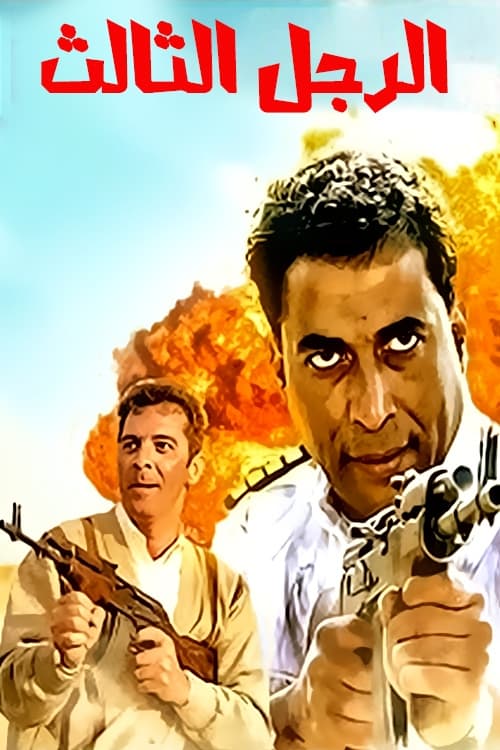
(Kamal Hussain) is a fighter pilot discharged from military service. After his wife leaves him, he works on a helicopter in an oil company. A big drug dealer tries to lure him to transfer a major shipment, while he informs his boss at work , cooperating with the drug dealer in order to implicate him.
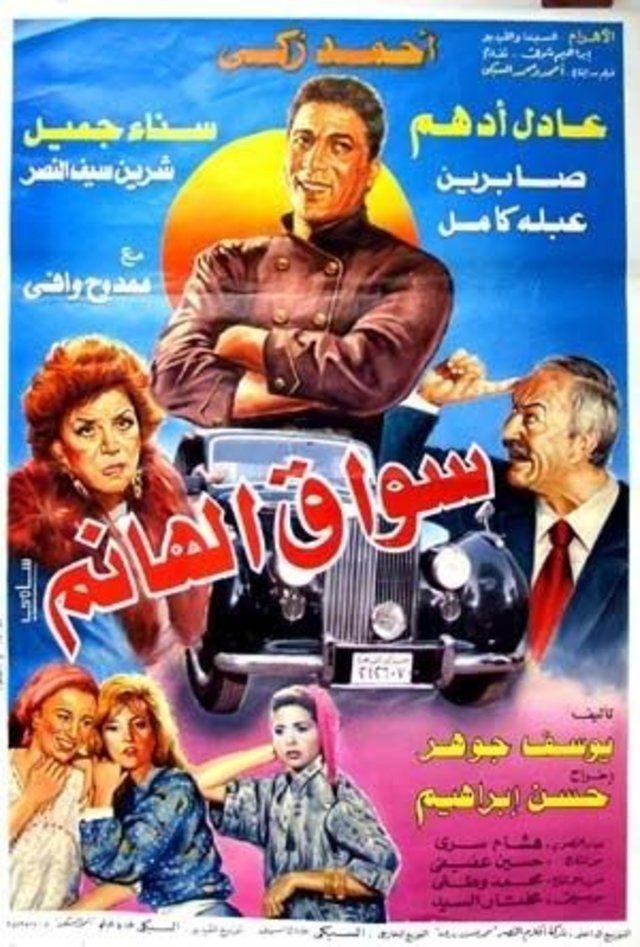
A Lady of the royal family live and breed on the ruins of the past, her husband, son and daughter suffering from her domination and control. When she got a new driver to work with, all the family members will have different life.
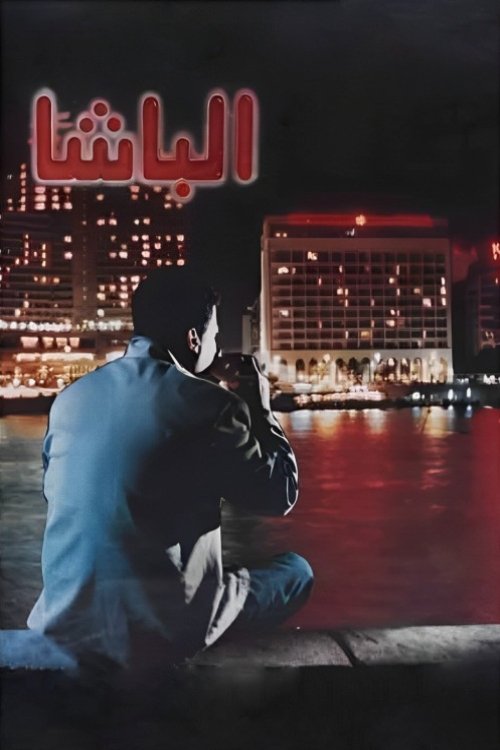
A police officer finds himself worthless as he soon realizes there's no way he could put an end to a businessman associated with running a prostitution ring.
Ahmed Zaki (November 18, 1949 - March 27, 2005) was a leading Egyptian film actor who was characterized by his talent, skill, and ability to impersonate. Dubbed "The Emperor", he is widely regarded as one of the greatest male actors in the Arab world. Zaki has starred in six films that have been listed in the Top 100 Egyptian films. Ahmed Zaki was born to a poor family in Sharqia, Egypt. His father died a few years after his birth, his mother remarried, and he was brought up to live with his grandfather. Zaki fell in love with acting when he was still in school, his headmaster saw his creative ability and pushed him to follow his passion. He would later travel to Cairo and earn his degree from the Cairo Higher Institute for Drama Studies in 1974. While studying, he first debuted in the stage play Hello Shalaby (1969). He also starred in very successful comedy plays such as School of Mischief (1973) and No Longer Kids (1979). Early in his career, he struggled with producers and directors as they believed he did not have the appearance to appeal to audiences. When he got objected by the film distributor to star in Al Karnak (1975) after he was cast as the character Ismail, he entered a severe depression. He did not overcome it until after poet and playwright Salah Jahin supported him, as Jahin was convinced of his talent and would later write films and a TV show Zaki starred in. Many of his films had a strong political message that exposed governmental and police corruption. Two of his greatest successes were playing Egypt's presidents in two popular movies that became landmarks of Arabic cinema. He played Gamal Abdel Nasser in Nasser 56 (1996) and Anwar Sadat in Days of Sadat (2001). He also portrayed other prominent Egyptian figures such as writer Taha Hussien. Zaki was a method actor who immersed himself profoundly in his roles, absorbing every aspect of the character he was portraying whether he was fictional or real in origin. In 1983, he married actress Hala Fouad but the marriage did not last. She gave birth to his only son Haitham Zaki in 1984, who would also grow up to be an actor until his sudden and tragic death in 2019. His former wife died in 1993 after a battle with breast cancer. He was a known heavy smoker. In 2005, Ahmed Zaki died of lung cancer during the shooting of Sherif Arafa's biography Halim (2006), in which he portrayed the legendary singer Abdel Halim Hafez, a role he's always dreamed to play. His son Haitham was roped in to fill the scenes and play the lead on behalf of his father. Years after his passing, he is remembered with great reverence and fondness within the film industry and outside it, his contributions seen as monumental by his contemporaries as well as the generations that followed.
By browsing this website, you accept our cookies policy.